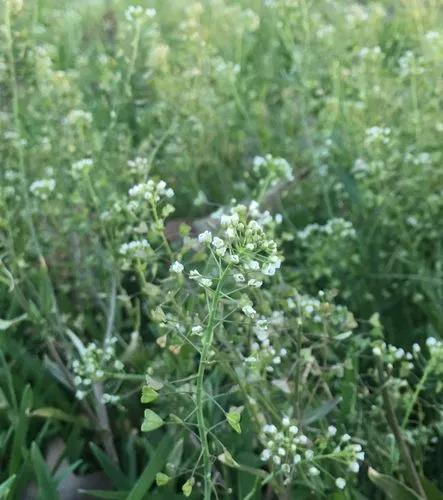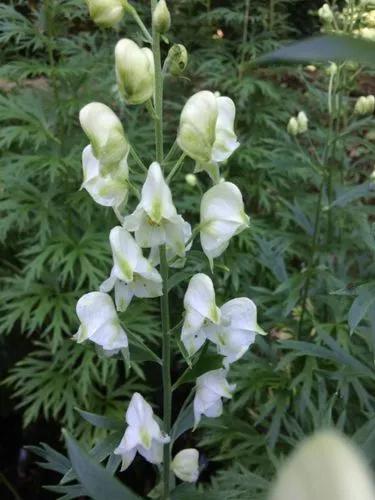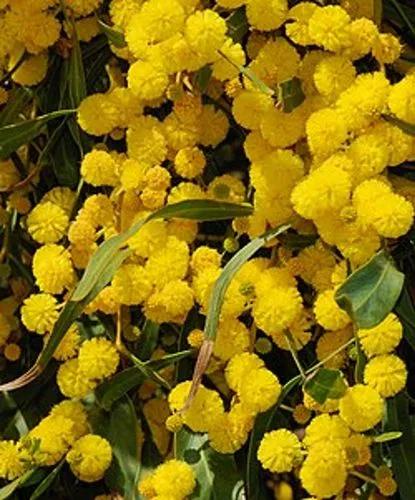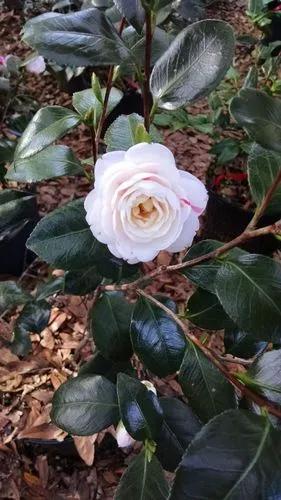According to the Association of Societies for Growing Australian Plants, the most commonly cultivated member of the Alyogyne plant in the United States, including California and the West Coast, is the Alyogyne huegelii. Otherwise known as the blue hibiscus, Alyogyne huegelii is neither blue nor a member of the hibiscus family. The flowering shrub features purple, white or rose-colored blooms and, if properly cared for, can grow to about 6 feet in height and breadth. Ensure your Alyogyne huegelii thrives by providing it the proper amount of sunlight and wind protection.
Native Hibiscus Care
Alyogyne huegelii
Other names: Lilac Hibiscus, Hibiscus Huegelii



How to Care for the Plant

Water

The Hibiscus Huegelii rapidly grows without the need for much water. It requires low to moderate watering once established.Due to its average requirement of water, it is suitable for drought-tolerant areas.Water it regularly in the summer months, but avoid overwatering.

Pruning

It’s best to regularly prune Alyogyne , especially the mature shrubs.Severe pruning of Hibiscus in the late summer season will not prevent spring growth but instead gives the plant an attractive shape.

Sunlight

This Australian native loves the full sun, so place it in a location with good sun exposure.It grows wonderfully in a sunny garden. However, it also grows well in partial shade.

Soil

This plant is tolerant to almost all soil types but grows best in sandy, light well drained soil with a proper drainage system.Alkaline soil or clay soils are ideal, but grows well in acidic soil without supplemental fertilizer.

Temperature

This plant’s USDA zones of hardiness are 5 – 8.

Popularity

72 people already have this plant 14 people have added this plant to their wishlists
Discover more plants with the list below
Popular articles






